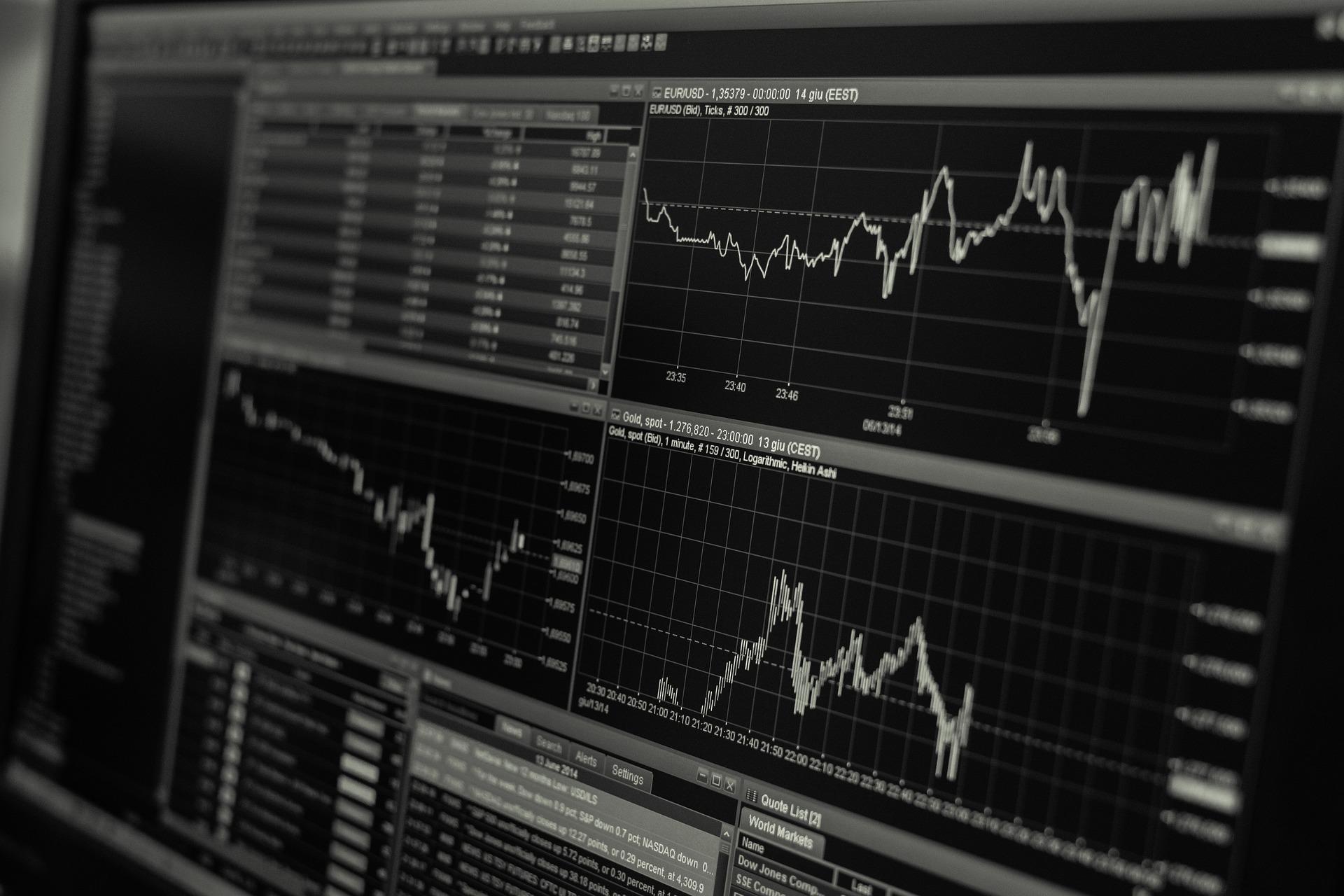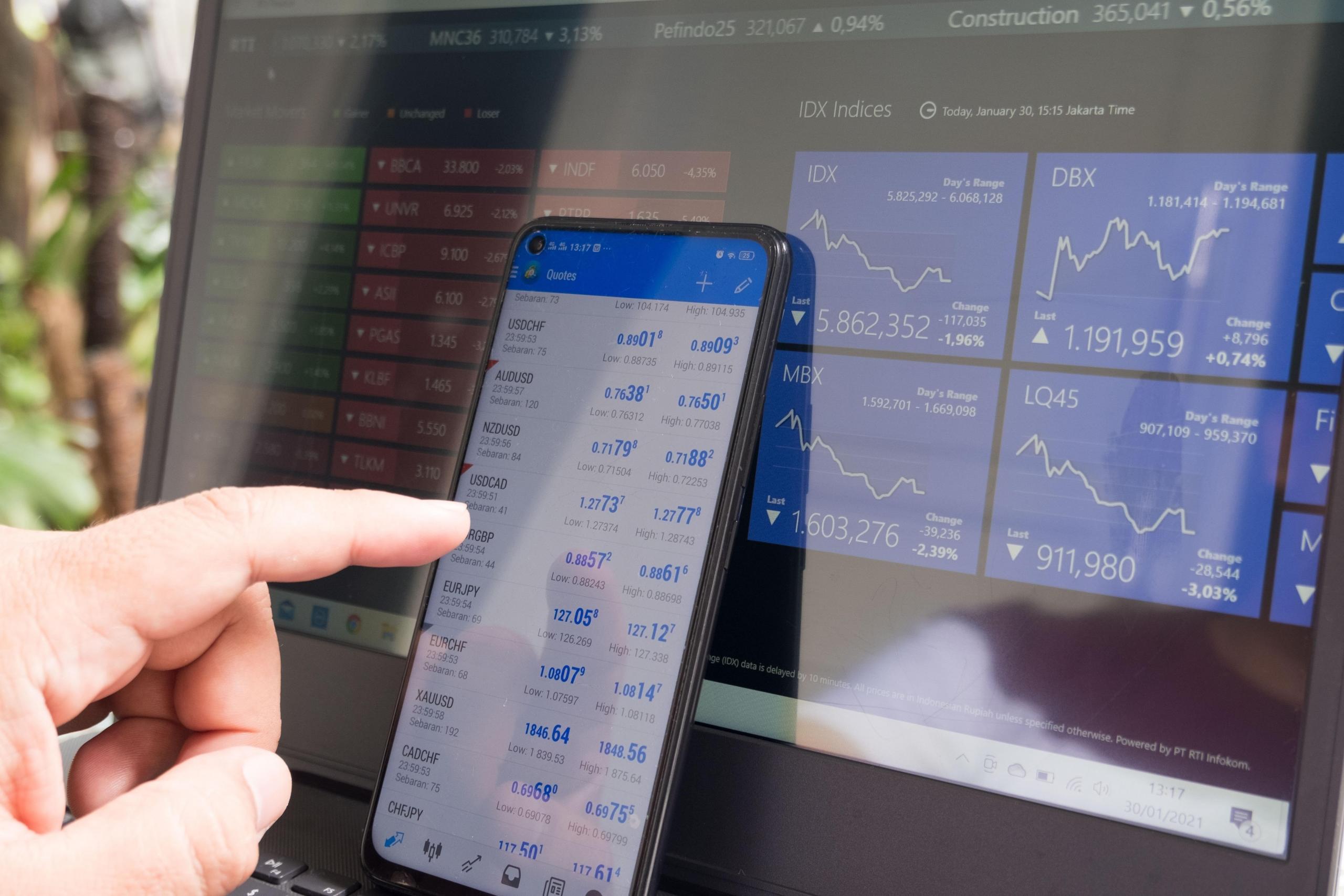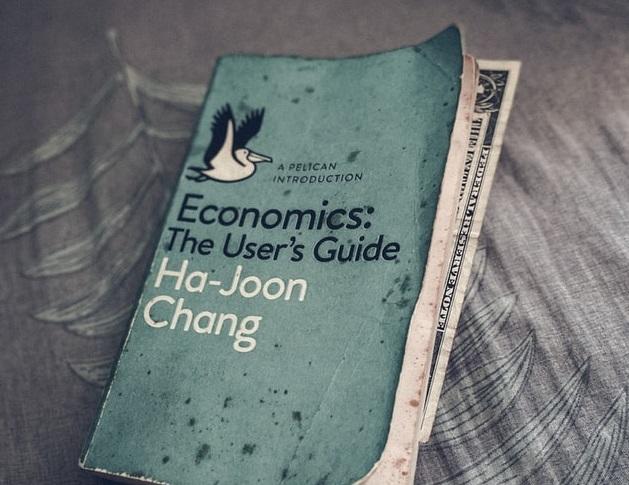Before going to university, you first have to pick the programmes or qualifications that you need for your desired career and then meet the requirements.
For students in New Zealand interested in economics qualifications or degrees, we've plenty of information and tips in this very article.

Is a Degree in Economics Worth Studying?
Economics is a popular degree choice in New Zealand because of a few reasons:
- Transferable skills: Economics graduates learn and master several transferable skills during their degree.
- Numeracy: Economics graduates are great with numbers and talented problem-solvers.
- Analytical skills: Much like problem-solving, employers value economics graduates for their analytical skills.
Economics students won't need to worry about finding work with their degrees and it's very common for economics and business graduates to easily find work and earn well.
This doesn't mean that having an economics degree will automatically get you a good job with a good salary, but it's a good place to start your career. It's still up to you to convince employers and work hard, but there are plenty of jobs you can get with an economics degree.
Generally, the more specialised a job is and the fewer graduates there are, the better the roles are paid. Traditionally, jobs in medicine, veterinary science, architecture, engineering, business, economics, accounting, etc.
Some of the areas you can work in with an economics degree include:
- Accountancy
- Banking
- Consulting
- Financial advisory
There are also plenty of career choices that combine well with an economics degree such as working in journalism or marketing, for example. You're not obliged to move directly into economics with an economics degree and a lot of the transferrable skills you'll learn during your degree are often needed in a lot of other jobs.
You'll find that, with most economics degrees, there are also options for students to specialise later on during the programme. Once you have an idea of the kind of work that you'd like to do, you can likely start choosing classes and modules to specialise.

Best Universities for Economics in New Zealand
There are plenty of excellent universities in New Zealand offering undergraduate programmes in economics and you can get a qualification that's international and recognised all over the world.
If you’re looking to attend one of the top universities in New Zealand for economics, then there are a number of institutions you can choose from. Here are just a few of the best ones.
Victoria University of Wellington
The Victoria University of Wellington has a number of degrees and qualifications in economics and finance.
There's the Bachelor of Commerce three-year undergraduate degree that offers some of the most flexible academic options for students.
The fees for such a course are around NZ$8,000 a year for domestic students and there are a total of 14 available majors including economics, accounting, commercial law, finance, taxation, marketing, and management.
Beyond the undergraduate degree, there's also the Graduate Certificate in Commerce, the Graduate Diploma in Commerce, honours degrees, master's degrees, and doctoral study options.
The length and cost of these courses all vary so it really depends on your career aspirations, your level, and your budget.
Massey University
Massey University is a university with campuses in Palmerston North, Auckland, and Wellington.
You can study a Bachelor of Arts with an Economics specialisation at the first two of these campuses as well as online and distance learning options. The Bachelor of Business with an Economics specialisation is also available to be studied at the same campuses and remotely.
There are also the Diploma in Arts in Economics, Graduate Diploma in Arts in Economics, Graduate Diploma in Business Studies, and master's degree options for graduates, too.
University of Waikato
The University of Waikato has campuses in Hamilton and Tauranga. Students wishing to gain an economics degree at the university will need to be enrolled on the Bachelor of Business, the Bachelor of Management Studies with Honours, the Bachelor of Arts, the Bachelor of Social Sciences, or the Bachelor of Climate Change and then major in economics.
Students can also have economics as their second major from any other bachelor's degree from the university so there are options for students with varied academic interests.
The economics courses and programmes are all based on the Hamilton campus.
University of Otago
The University of Otago is a collegiate university in Dunedin, Otago. Naturally, the economics degree programmes are administered by the university's Department of Economics.
Students at the University of Otago can major in economics as part of a Bachelor of Commerce, Bachelor of Arts, or Bachelor of Science degree and the university offers a lot in the way of flexibility for students and their academic choices.
At the University of Otago, the economics courses are often combined with finance, accountancy, business, law, and mathematics and statistics programmes and majors.
There are also options to minor in economics as well as many postgraduate options including diplomas, honours degrees, master's, and PhDs.
University of Auckland
The University of Auckland is the top-rated university in New Zealand for economics (and many other academic subjects) and offers many study options for undergraduate and postgraduate students.
At the University of Auckland, students can major in economics as part of the Bachelor of Commerce undergraduate degree programme.
The courses offered include areas of study such as behavioural economics, econometrics, game theory, macroeconomics, microeconomics, firms and markets, international finance, and many other interesting class options.

Do You Need to Be Good at Maths to Study Economics at University?
Before you start applying to university courses in economics, remember that you need to carefully do your research. Not only will you need to find courses whose requirements you meet, but you'll also need to look for places where you'll be ultimately learning academic and professional skills that you need for your desired career.
For those who aren't confident in maths or would prefer courses with less mathematical content, you'll want to check out the course structure for potential economics degrees with fewer mathematics classes or a greater focus on broader economics and business topics.
Most universities will have a course catalogue where you can see which courses and classes are available and required to graduate with each degree. A general rule of thumb is that a Bachelor of Arts (BA) degree will likely have fewer mathematical courses, classes, or credits than a Bachelor of Science (BSc) or a Bachelor of Commerce (BCom) for example, but it still pays to do your research and look at each of the classes.
Since economics draws upon a lot of mathematics, especially in economic theories and analysis, maths isn't really something you can fully separate from economics, but you do have a certain level of control over how much of it features in your academic and professional careers.
If you happen to struggle with the maths on your economics course, don't forget that there are plenty of great mathematics resources out there and you can always enlist the help of a private mathematics tutor to help you with the areas that you find particularly tricky.

On the Superprof website, for example, you just need to search for maths and where you live and you'll find plenty of local and online tutors who can help you.
Diversifying Economics Degrees
When you start your research into the various economics courses, qualifications, and degrees available to you, you'll start to see that each programme will have several skills and credits in common.
On an economics degree (though there are alternative economics courses available), you'll likely cover the following areas:
- Macroeconomics
- Microeconomics
- Econometrics
Naturally, we can't say that every professor at every university will teach these in the same way, the course content and skills that every student will need will largely be the same so that their course and credits meet the requirements to be an economics degree.
While this is all well and good, there's also been a growing trend to make economics degrees more varied so that students can learn a greater range of skills and skills that are more specific to their areas of interest and the careers they aspire to do.
There have been compelling arguments put forward by academics to include more credits that focus on economic history and not just economic theory and contemporary economics.

The economic degree programmes at universities and business schools tend to look at international business management, economics, and other related subjects, but there's been very little in terms of looking back at economics over the years.
Any student interested in this kind of study should pay particular attention to the information provided by each university in terms of their course content and even contact the university if they need more information.
That said, any undergraduate could also look to hire a private economics tutor to help them study areas of economics that aren't necessarily part of the academic programme at their university.
Summarise with AI:
























